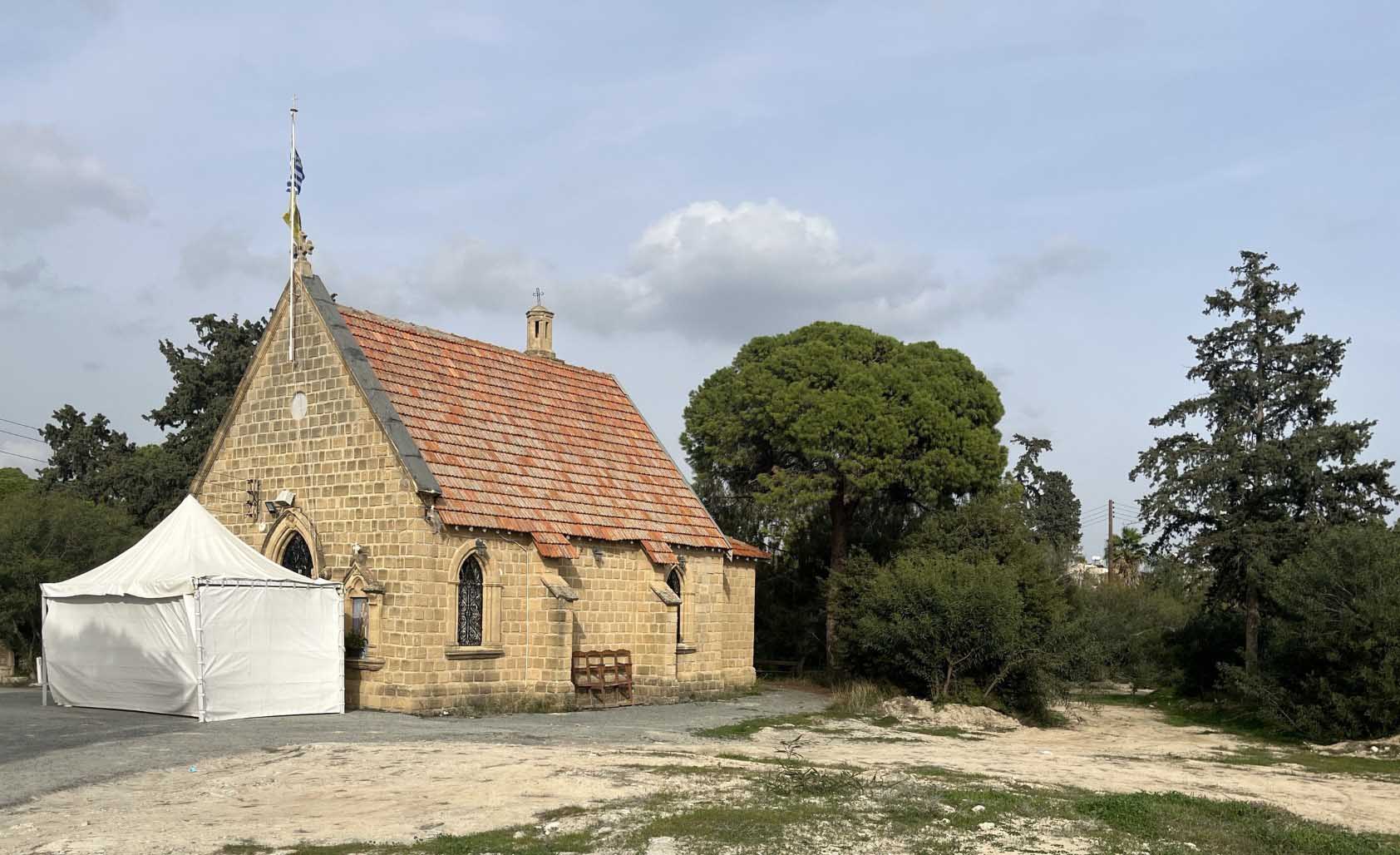Cyprus’ energy regulatory authority (Cera) on Friday formally handed over two permits related to the construction of the Great Sea Interconnector to Greece’s independent transmission system operator Admie.
The permits are the interconnection line owner permit and the interconnection line operator licence, which had, until Friday’s decision, belonged to the project’s previous implementing body, EuroAsia Interconnector.
The decisions had been taken by Cera’s senior management on September 3 and appeared in the official government gazette on Friday, thus legally entering into force on the date of their publishing in the official gazette.
EuroAsia Interconnector Ltd, a Cypriot company, quit the project in October 2023, handing over the baton to Admie, which until Friday had operated without having taken receipt of the two permits.
This fact had been pointed out by Greece’s Energy Minister Stavros Papastavrou on Monday as he issued a response to Cypriot President Nikos Christodoulides’ comment that Cyprus “will not be blackmailed by any head of Admie” over the matter of the interconnector.
“Reservations must be lifted for the project to proceed. It is a necessary condition that reservations about its viability be lifted and all technical and financial issues be resolved. The project is important and must proceed. All outstanding issues must be resolved immediately,” Papastavrou said on Monday.
He had also decried “constantly conflicting messages from the Cypriot side” over the matter.
“The finance minister [Makis Keravnos] questions the viability of the project both before and after the meeting of President Nikos Christodoulides and Prime Minister Kyriakos Mitsotakis in New York,” he said.
He added that Keravnos “says that it should not be done and it is not sustainable and refers to two studies which he does not show” to Cypriot Energy Minister George Papanastasiou.
“We have a project upon which we have agreed and Keravnos is now telling the European Union that he is not going to abide by Cera’s decisions. All of this creates obstacles. The project is stuck in a constant questioning of its viability,” he said.
He also made reference to Christodoulides’ “blackmail” remark, saying that “51 per cent of Admie belongs to the Hellenic Republic” and that “the Hellenic Republic does not engage in blackmail”.
On the same day, Christodoulides had insisted that relations between Greece and Cyprus are “stronger than ever”.
The rift between the two governments is sourced from the Cypriot government’s initial agreement to make five annual payments of €25m to Admie before the interconnector is operational, but which it has thus far withheld.
The payments would in effect help finance the project and ensure that Admie, its 51 per cent shareholder and implementing body, will have a stable income while investing in the project before it turns a profit, but the Cypriot government has cited a lack of tangible progress on the project and differences in opinion regarding how the money should be sourced as its reasons behind not paying the money.
To this end, Papanastasiou had said last month that Cyprus will pay the first €25m instalment when the project is being “implemented in its entirety”, and that the construction of cables alone is “not enough” to meet this criterion.
The government had initially planned to utilise funds made available to it through the European Union’s emissions trading system (ETS) to make the payments, so as to prevent the burden of the payments from falling on the taxpayer.
Admie had warned that this arrangement may violate the EU’s rules on state aid, and as such asked the Cyprus energy regulatory authority (Cera) to begin charging consumers instead.
In September, Greek Deputy Prime Minister Kostis Hatzidakis had called on the Cypriot government to “clarify its position” over the project after Keravnos had made reference to two “independent and serious organisations” which have “concluded that the project is not sustainable”.
He added that seabed surveys to determine where cables we laid “have not even been completed” and that the completion of those surveys is “decisive for the total cost of the project”.
This version of events had been disputed by Greek Foreign Minister Giorgos Gerapetritis, who had said that surveys on the seabed in advance of the laying of electricity cables “did not stop”, but that in fact, “the research was completed according to its planning”.







Click here to change your cookie preferences